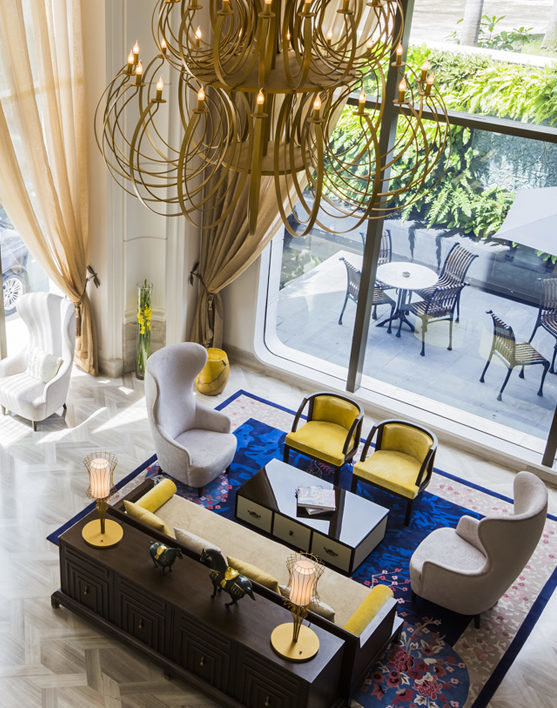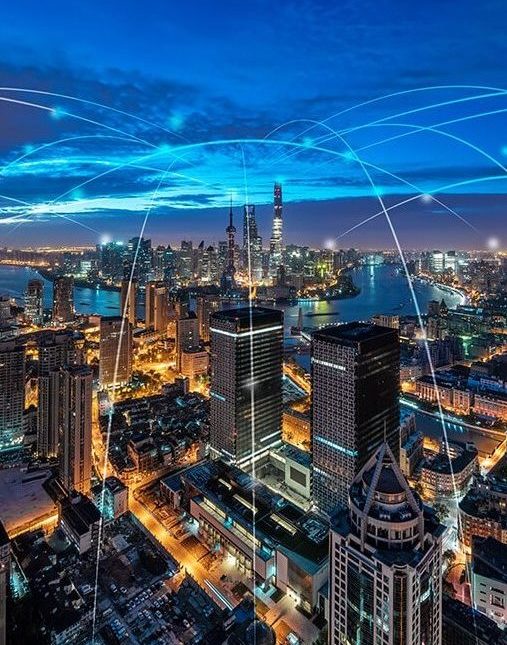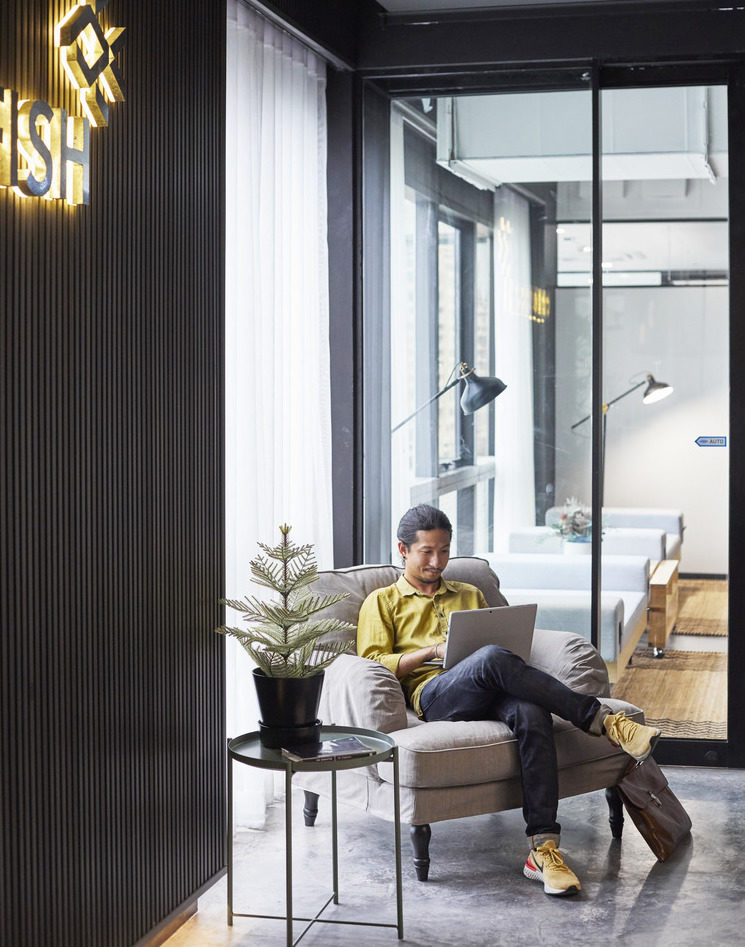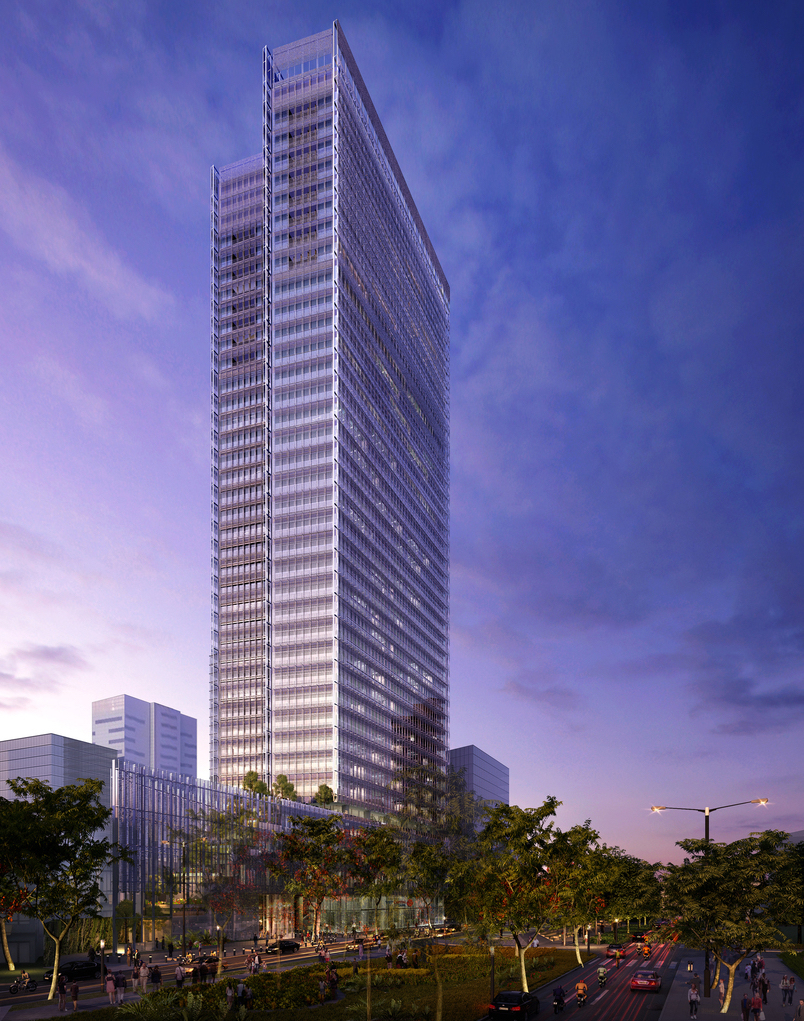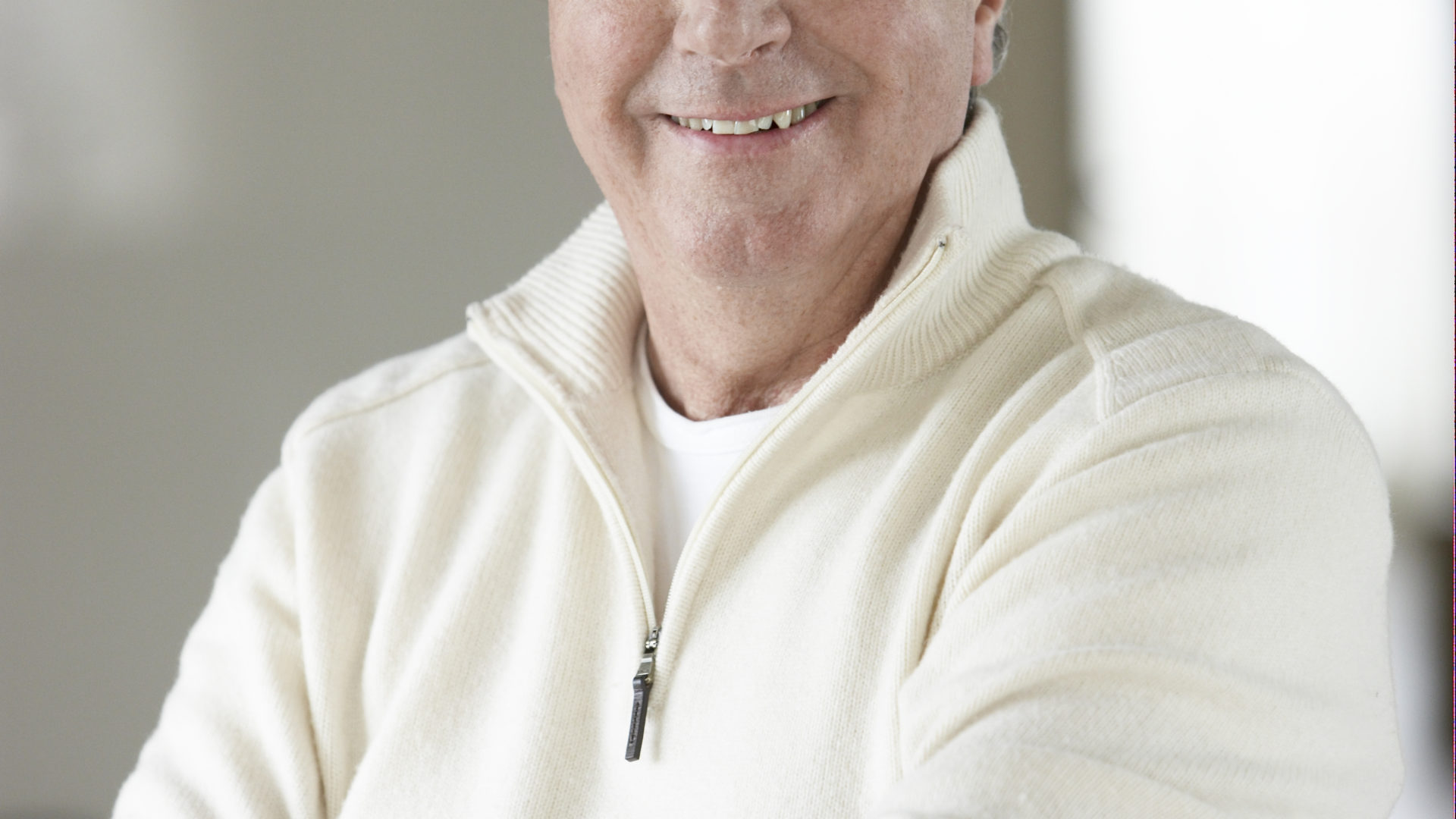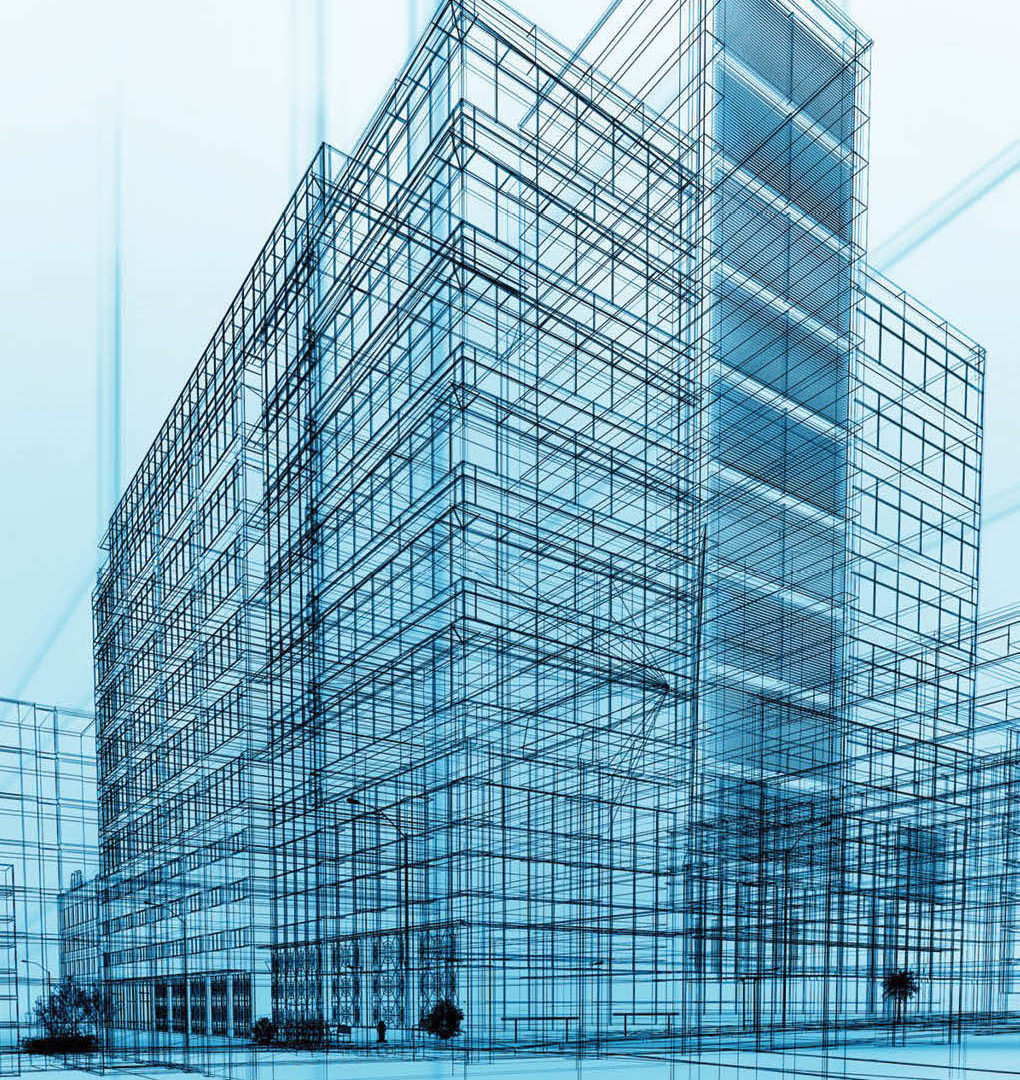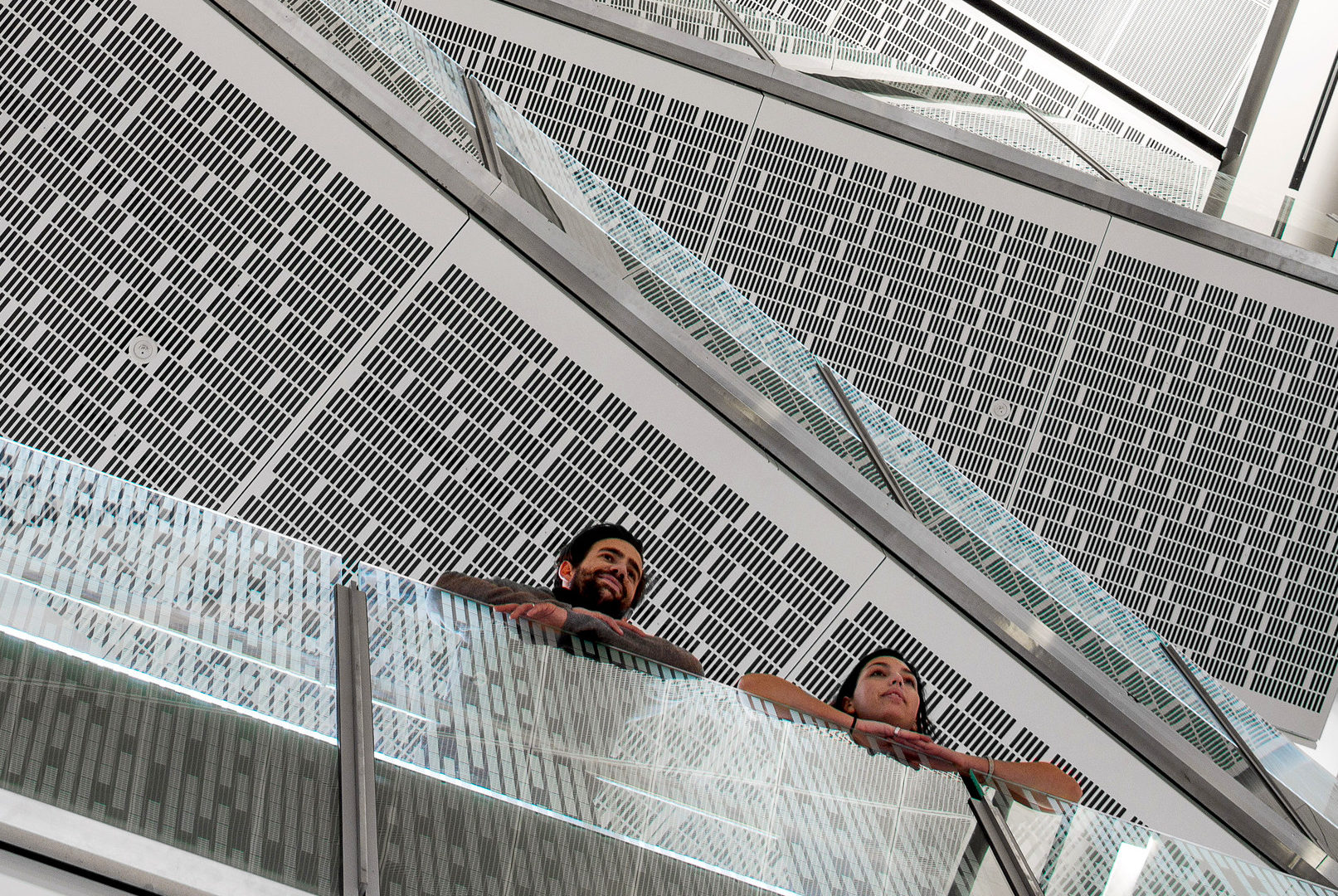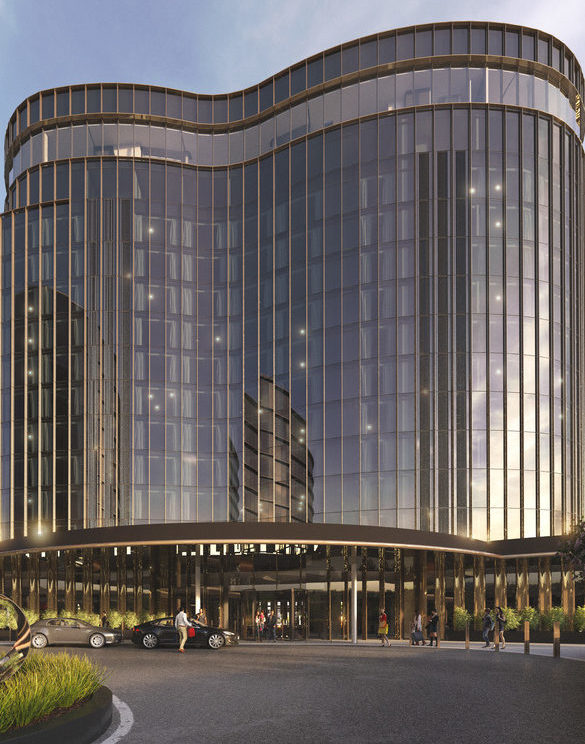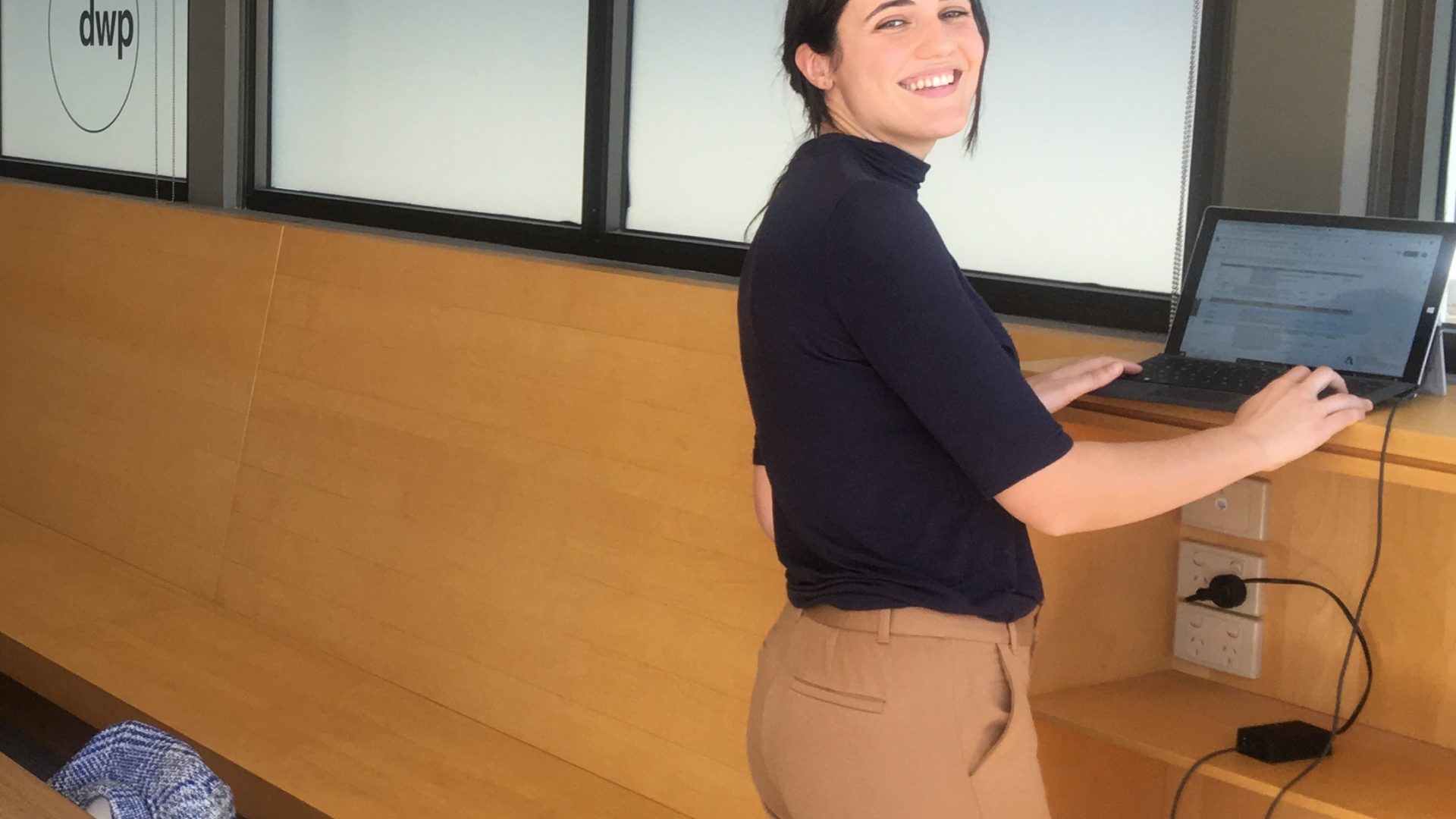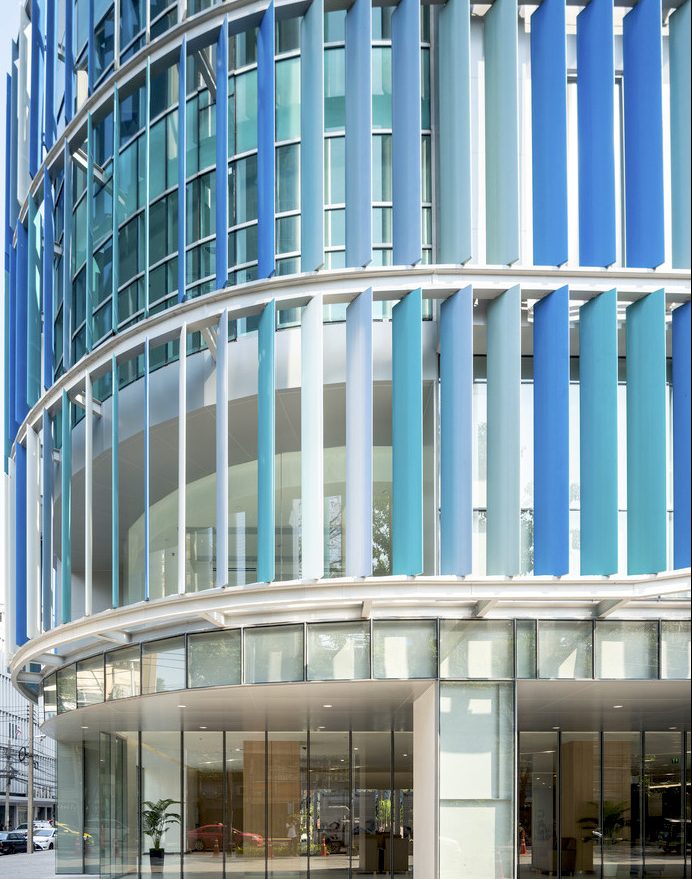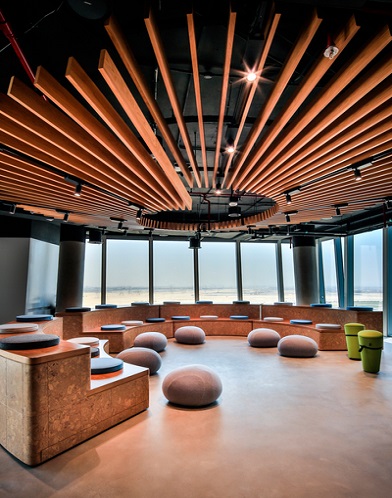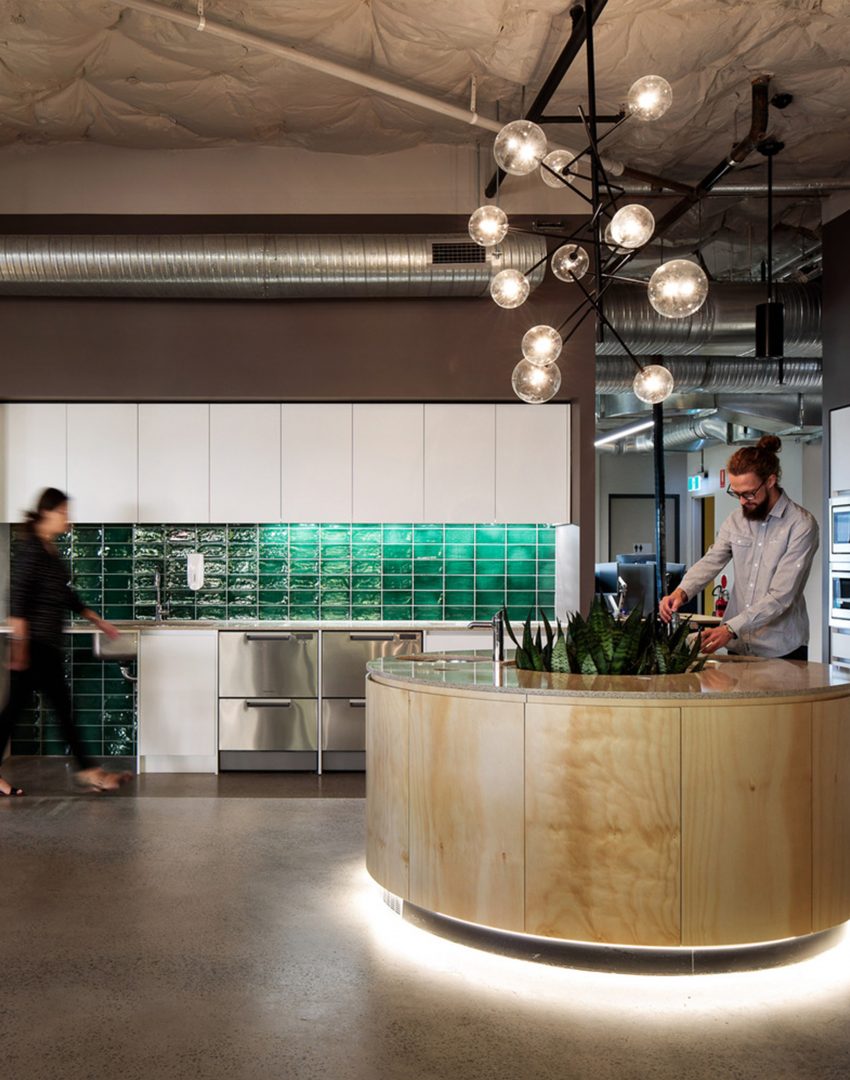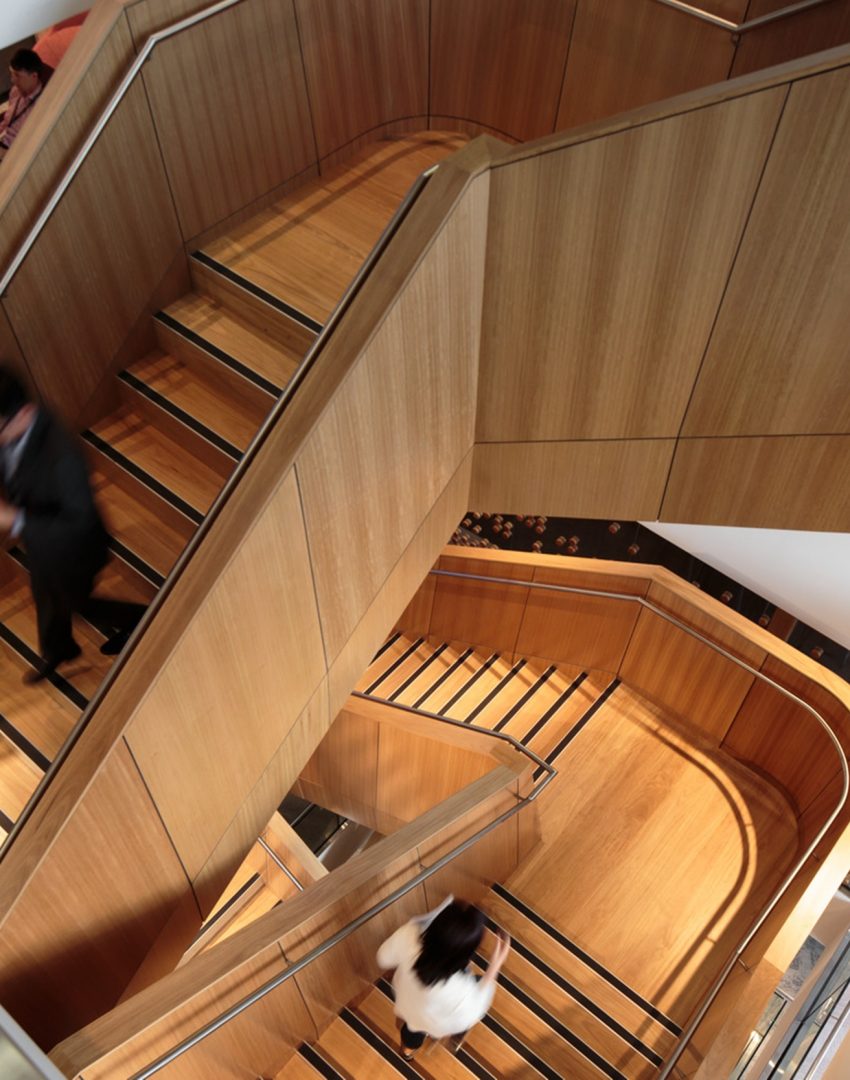Can innovative living office design improve bottom line?
 What is a living office?
What is a living office?
A living office is a workplace that provides a platform for high-performance. It should be a space, that through its innovative and unique design, delivers an optimum work experience for people, and assists the organization to achieve their key goals, both technically and commercially.
Key things to consider when designing a living office
Scott Whittaker, dwp’s Group Creative Director believes that when designing a living office space real attention to detail must be paid in order for it to successfully articulate the organization’s unique character and culture and deliver its people with a working environment that is both productive and enjoyable.
“People are the most important asset to every organization and therefore designing an office that best supports its people, their needs and their daily activities is vital. The space should reflect the culture of the organization as well as make the organization more powerful through innovative design that showcases effective spatial planning, sustainable healthy spaces and smart use of technology. Ultimately, a well executed living office should bring humanity to the workplace and help the business succeed.” – Scott Whittaker, dwp, Group Creative Director
Is effective spatial planning the core to the success of any living office?
It is important to bear in mind that whilst ‘cool’ offices may be the current trend, it is not a one-size fit all theory. Priority should be placed upon the unique requirements of each organization and before an initial design is considered the organization’s key activities and groups of employees should be studied and analysed. Core to the success of any living office is a mix of social, semi-private and private spaces. The traditional pantry and lobby are moving towards more social spaces that are more similar to the likes of a hotel lobby space, a space where teams can come together to share ideas, build relationships and of course have great coffees and teas! The dynamics for each organization will be different, some groups of employees will require to share ideas openly, have quick conversations, and work collaboratively to solve problems; whereas some groups will require more private spaces, where individuals need to withdraw from the group and the noise to focus more privately on their own tasks. It is vital that both are accounted for when designing a successful living office. Designers should also keep efficiency in mind here, understanding the office activities and who works with who can provide a way to improve office communications through spatial planning and design.
Do sustainability and health play a key role in a well designed living office?
Health is increasingly important to staff in workplaces today. Healthy happy staff are more productive and creative. The living office should promote healthy lifestyles, fresh clean air, non-toxic environments and great use of natural lighting to enhance the mood of the space, with adjustable artificial lighting as an extra. National Geographic recently reported how public health researcher, Joseph Allen and colleagues at the Harvard T.H. Chan School of Public Health have defined nine foundations for healthier buildings, such as better water quality, reducing noise, regulating temperature, and maximizing natural light. It is also understood that natural elements such as plants and timber can bring together an enhanced living environment. Within dwp’s design at Smart Dubai, each team member has a personal plant they tender, fostering a new shared tradition that also brings the team together. As the living office evolves the plant will adjust its rhythm with the office modifying light and temperature to match humans circadian rhythms.
“Companies are starting to think about their real estate as a means for improving the health of their employees,” says Keara Fanning, who leads a sustainability practice at JLL. “As humans, we evolved to wake up with the sun and go to sleep at sundown. When our lighting does the opposite of that, it affects us.” – Keara Fanning, JLL
How smart use of technology can allow a rapidly evolving living office to grow
dwp believes that smart use of technology can enable a truly living office to evolve, in many of our latest workplace projects we recommend the use of 100% wireless & cloud technologies for both security and adaptability. Once the team is no longer tethered to a desk with LAN cabling and traditional workstation style PC the office can evolve and reinvent itself daily depending on the tasks ahead.
“At Smart Dubai, we incorporated the very latest technologies, however, due to understanding how organisations change and evolve rapidly one of our key design objectives was to create flexibility to enable upgrades to the technologies or reconfiguration to the layouts easily if necessary and with minimal disruption.” – Scott Whittaker, dwp Group Creative Director
Can a well designed living office really have a positive commercial impact?
In summary, more and more organizations today are recognizing the positive commercial impact that designing a fully flexible living office, that offers health-positive working, collaboration and a sense of belonging can have upon their business.
“Flexibility is key. Employees are seeking workplaces that are more sustainable and energy-efficient, and technology is enabling increased choice in work location, space type and function—all of which contribute to the employee experience.” – Grant Morrison, Head of Consulting at JLL Asia Pacific
Each living office design will lay the foundations for the future of that company, so dwp designers strive to unlock tailored unique workspaces that promise to meet objectives and offer exciting potential rewards for the organization as a whole. To see how dwp effectively incorporates all of the above into designs, take a look at the workplace section of our website.
Tags: Abu dhabi, Agile workspace, Archi, Architect, Architecture, Artist, Asia, Bangkok, Bar, BIM, Blog, Boutique, Business, Civic, Construction, Content, Creativity, Culture, Design, Designer, Digital, Digital technology, Digital transformation, Digitisation, Drink, Dubai, Education, Experience, F&B, Food, Future, Health, Hicap, Ho chi minh, Hospitality, Hotel, Hotel design, Information, Innovation, Interior, Interior design, Interior designer, Interview, Knowledge, Lebua, Lifestyle, Luxury, Luxury design, Luxury interior, Marriott, Profile, Residential, Restaurant, Saigon, Sky, Studio, Success, Sustainibility, Tech, Technology, Thailand, Trends, Video, Vietnam, W hotel, Women
